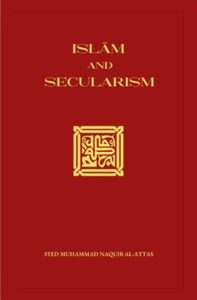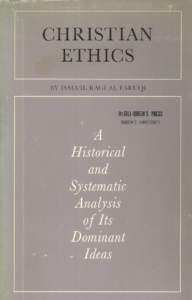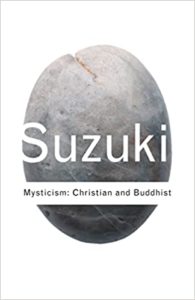 In response to my earlier post on Redeeming the Lion Dance for the Glory of God, I was asked about my view on a video which shows the Chinese Dragon Dance being performed in the Apostolic Palace and the Pope dotting the eye of the dragon. Re: link given in the comment section.
In response to my earlier post on Redeeming the Lion Dance for the Glory of God, I was asked about my view on a video which shows the Chinese Dragon Dance being performed in the Apostolic Palace and the Pope dotting the eye of the dragon. Re: link given in the comment section.
My understanding of the dragon dance in Chinese culture:
The dragon in Chinese culture is not inherently evil. It is actually a wise & benevolent creature. No surprise, many Chinese parents plan to have a (male) child in the year of the dragon. I asked many Chinese scholars whether the Chinese dragon exists & I get a blank look in their eyes. Their answer – the dragon is just a symbol, although to me religious symbols have spiritual consequences. Finally, the dragon was also used to symbolize the Emperor in ancient China. In the light of the positive perception of the dragon in Chinese culture, it is questionable whether the Chinese dragon should be associated with the evil dragon in the Book of Revelation and in Western culture. The application of the same English word to these two creatures is a historical accident or coincidence in literary translation.
However, with all due respect, I have problems with the Pope & the Catholic Church blessing the dragon dance as it is. Continue reading “On the Pope Dotting the Eye of the Dragon”









